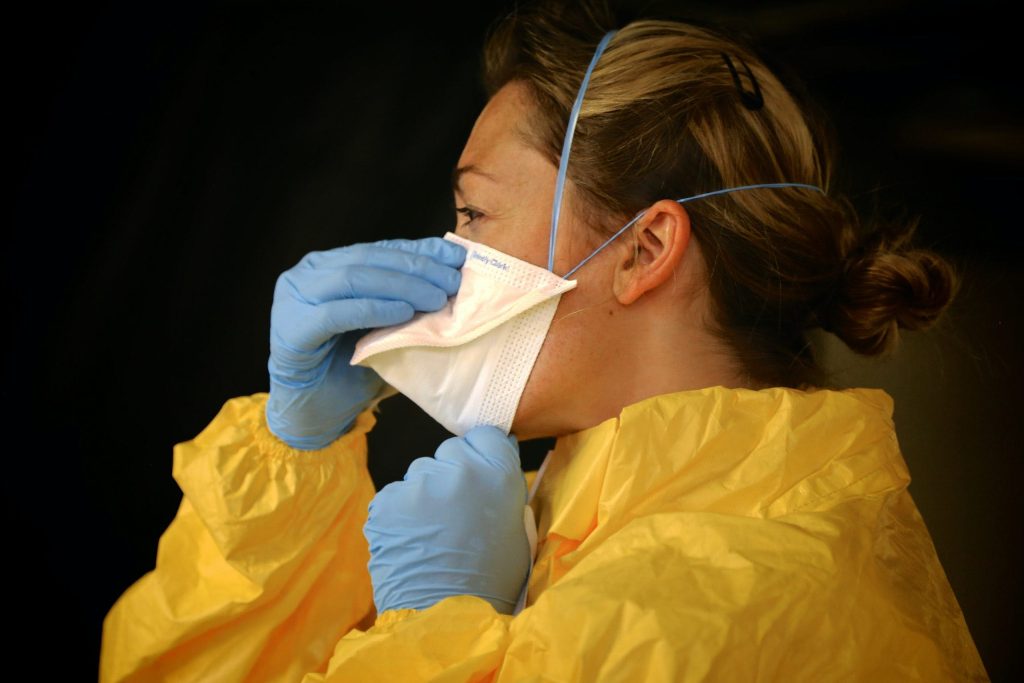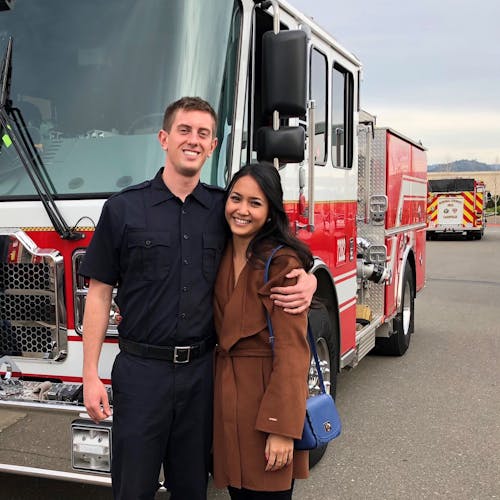Worldwide, of us on the frontlines have been working throughout the clock to comprise the COVID-19 pandemic. With the usa passing 12 million whole circumstances this journey season, nurses, physicians, and completely different well being professionals might have their fingers full – that is their story.
Inequitable entry to well being care has prolonged been a problem inside the usa. Even earlier than the COVID-19 pandemic struck, the system was affected by exorbitant prices, lack of insurance coverage safety, and important well being disparities based mostly on race, income, and zip codes. in contrast with completely different developed economies, the U.S. has the very most interesting well being care expenditures, but that funding is simply not mirrored in its outcomes. It has a decrease life expectancy than the typical of the OECD (the group of the world’s richest economies), as properly as to diminish ranges of well being care safety.
Now, the COVID-19 virus has forged into sharp aid the extent of the weaknesses of the well being care system inside the U.S. and the strategy social determinants of well being can have an effect on outcomes in whole communities. COVID-19, which has claimed the lives of better than 1 / 4-million individuals and counting, has been the examine of a lifetime for the American well being care system.
to actually put this into perspective, the United Nations basis spoke to frontline workers throughout the nation who’re ending up their jobs inside the thick of the persevering with waves of COVID-19. From a firefighter/EMT concurrently responding to fires — a byproduct of one other deep-rooted problem, the worldwide fight in opposition to local climate change — and fielding medical calls, to a nurse practitioner offering steerage on well being providers to most seemingly the most weak segments of her group, we is most seemingly that consists of individuals whose experiences illustrate the urgency of equitable entry to extreme quality well being care, and why we should #UniteforHealth now.
MEET PATRICK RABBITT AND ISABELLE SALCEDO
Patrick Rabbitt is a firefighter/EMT working in northern California. His companion, Isabelle Salcedo, works as a registered nurse in a trauma intensive care unit (ICU). This yr, the state expert a report-breaking fireplace season, whereas COVID-19 an infection costs have handed the 1 million mark, with rising hospitalization costs and a latest surge in circumstances.
Describe your job and day-to-day duties on the entrance strains of COVID-19.
PATRICK RABBITT: on daily basis is completely different. It’s unpredictable. If I’m on the station — and by no means out on a strike group — we will get anyplace from 4 to eight medical calls a day. We see an important deal of unhealthy highway accidents. We usually get recognized as out for at the very least one fireplace a day.
ISABELLE SALCEDO: I’m an RN inside the trauma ICU at a diploma I trauma center. the realm the place I work was an early COVID scorching spot in California, and issues obtained actually intense for us in April.
Our medical and cardiac ICUs had been overwhelmed with COVID sufferers, and it wasn’t prolonged earlier than they ran out of beds. on the identical time, we weren’t seeing as many traumas are obtainable as a outcome of of native shelter-in-place orders. of us had been staying house and off the roads. So we primarily grew to become an overflow ICU for COVID sufferers.
What makes the group the place you are employed distinctive? What are a quantity of of its demographics and particular wants?
PR: I work in truly one of many poorest counties inside the state of California. an exact drawback is that a quantity of of us don’t have medical well being insurance coverage. They don’t get common preventative care and additionally they postpone going to the doctor for as prolonged as potential. They don’t get assist for a medical problem till it’s an emergency. after which they name us.
And even then, they don’t on a daily basis should go. somebody was actually having a coronary heart assault and didn’t should go to the hospital as a outcome of of unpaid medical funds. we will’t take them in in the event that they don’t should go. All we will do is advocate that they permit us to take them to the hospital.
IS: I work in an prosperous space, nonetheless it’s a county hospital, so we look after the uninsured and completely different marginalized communities. virtually all of COVID sufferers in our space had been Hispanic males of their 30s, 40s, and 50s. usually they had been important workers who couldn’t maintain house — an important deal of them had been farmworkers, and additionally they usually lived in large households with eight or extra of us.


